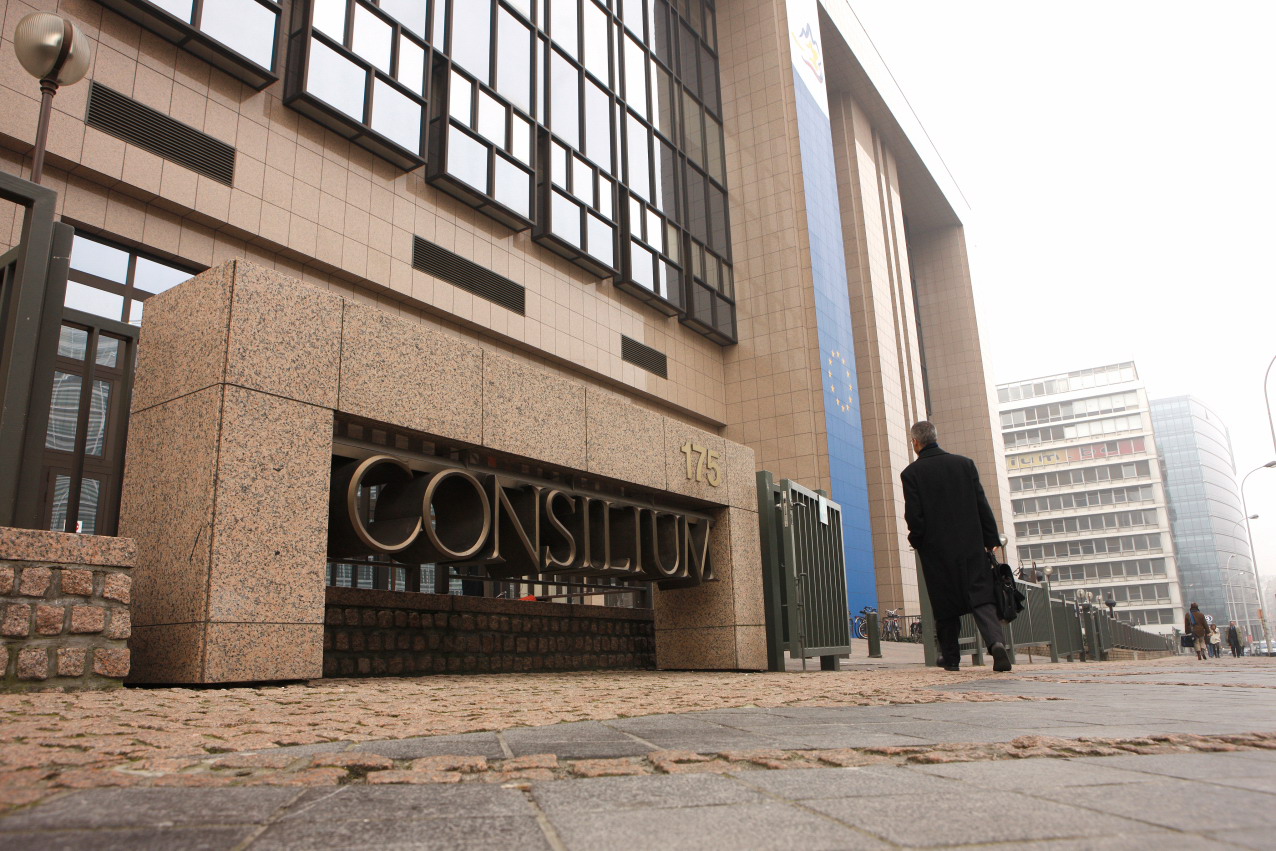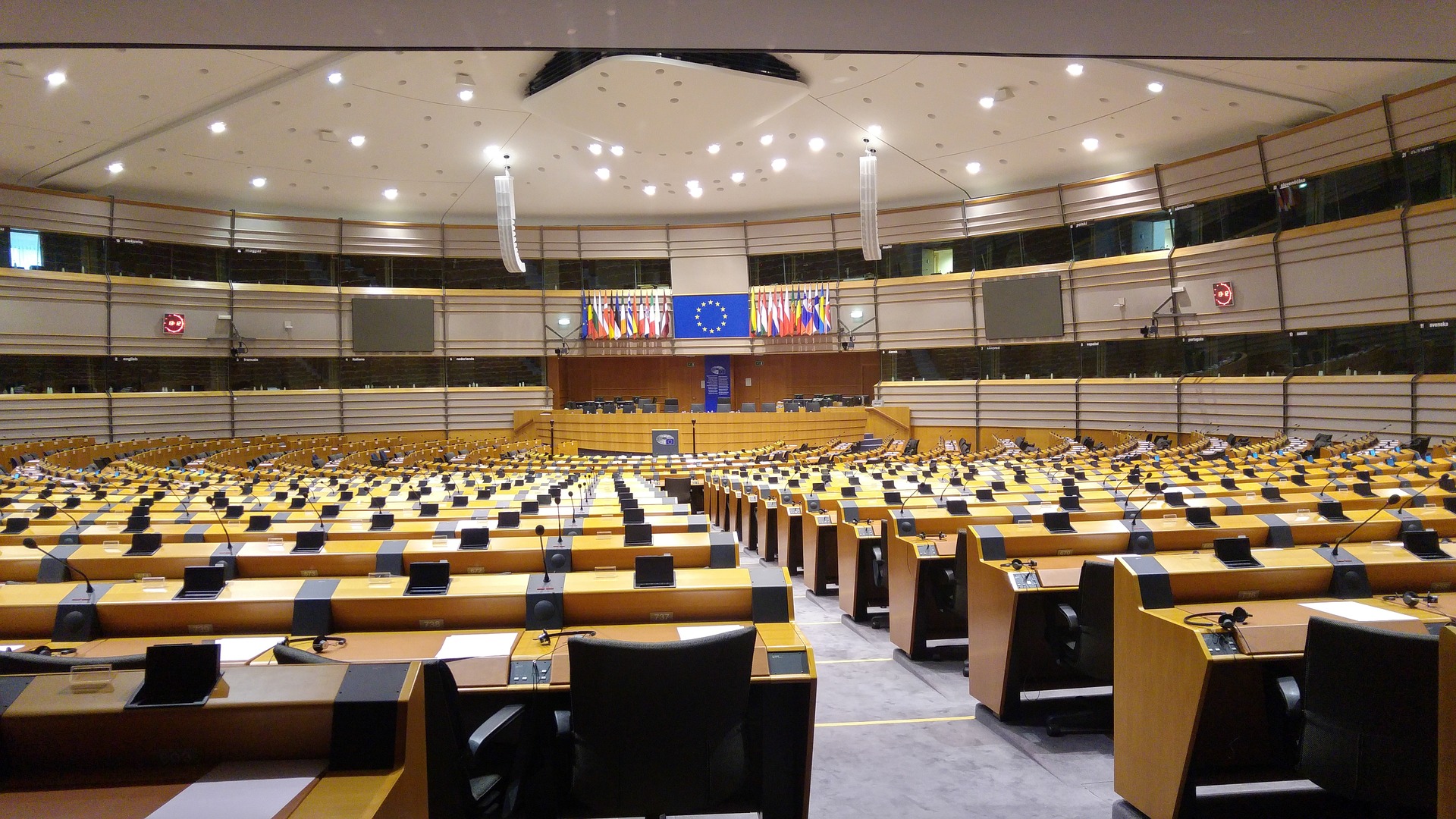AUTHOR
Emilie Bartolini
Emilie is a half Dutch – half Italian Master Student at the College of Europe in Bruges, where she specializes in EU Politics. Before moving to Belgium, she studied at the University of Florence a Bachelor in Political Science and spent a year in the UK, where she graduated with a Master in Democracy and Comparative Politics at University College London. Her main research focus is on Democracy within the EU and Inter-institutional relations, although she also likes to read and write about electoral politics in Western European countries.









